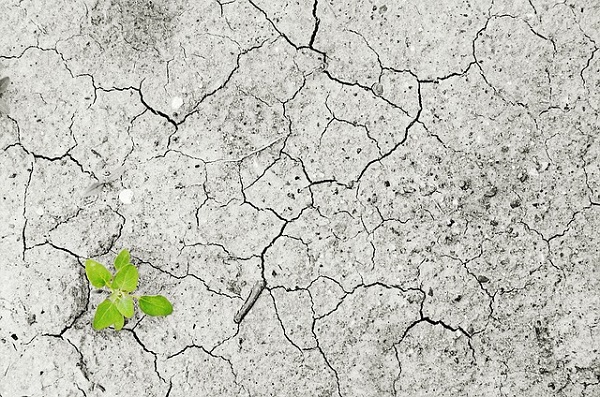
On 7 June 2021, the Expert Group of the International Military Council on Climate and Security (IMCCS) released its second annual World Climate and Security Report (WCSR), the compilation of which has been supported financially by Luxembourg's Directorate of Defence.
The report warned of the compound security threats posed by the convergence of climate change with other global risks, such as COVID-19. It revealed that the increasing pace and intensity of climate hazards will strain military and security services around the world as they are called on to respond to climate-driven crises, while also facing direct climate threats to their own infrastructure and readiness. The authors also called on security institutions around the globe to act as "leading voices urging significantly reduced greenhouse gas emissions, given recent warnings about the catastrophic security implications of climate change under plausible climate scenarios".
The report was released during an online seminar featuring senior climate security experts from NATO, the United States, the United Kingdom and Europe, including NATO Assistant Secretary General for Emerging Security Challenges, David van Weel, former Deputy Secretary General of NATO, Rose Gotemoeller, Lt. Gen. Richard Nugee from the UK's Ministry of Defence and Luxembourg's Deputy Prime Minister and Minister of Defence, Francois Bausch.
The report launch is timed ahead of the G7 and NATO Summits where confronting climate change will be at the top of the agenda. The authors identified opportunities to further "climate proof" international security, including how to take advantage of renewed US leadership on climate action, and build on the climate security momentum from the EU and NATO. The report includes new and improved tools for tackling climate security, such as a new risk methodology for tracking the change in global climate risks and an evaluation of nascent best practices for confronting these risks, within defence, diplomatic and development entities.
In highlighting the key findings of the report, the Chair of IMCCS, General Tom Middendorp, former Chief of Defence of the Netherlands, stated: "Climate change already poses significant risks to global security. It is time to act. As this report, as well as the global International Military Council on Climate and Security leadership on the issue shows, more and more military leaders are raising the alarm. They recognise the security community has a responsibility to work hand in hand with sectors across their societies in order to prepare for and prevent these threats, including through climate-proofing international security at all levels".
François Bausch, Luxembourg's Deputy Prime Minister and Minister of Defence, added: "Climate change has been part of the security agendas of the EU and NATO for several years, but, in practice, it has only been dealt with on the sidelines. We should therefore take advantage of the currently ongoing reflection processes at NATO and EU to ensure that the rising risks and threats related to climate change are fully reflected in NATO's updated Strategic Concept and the EU's Strategic Compass".
He continued: "As the world looks to the Climate COP this November, we should capitalise on the global momentum of this climate summit and lead strong climate security action in the months ahead. Such action includes significantly increasing investments into research and development for carbon neutral fuels and propulsion systems for military aircraft, ships and other vehicles. Climate security leadership also includes systematically mapping our emissions in order to address the lack of data on energy consumption and greenhouse gas emissions in the Defence sector. Based on such data, we should consider the setting of voluntary targets to reduce the carbon emissions of militaries in the framework of a 'Global Climate and Security Pledge', which we could officially announce at the COP-26".
The full World Climate and Security Report 2021 is available on the IMCCS website: imccs.org/wp-content/uploads/2021/06/World-Climate-and-Security-Report-2021.pdf.








